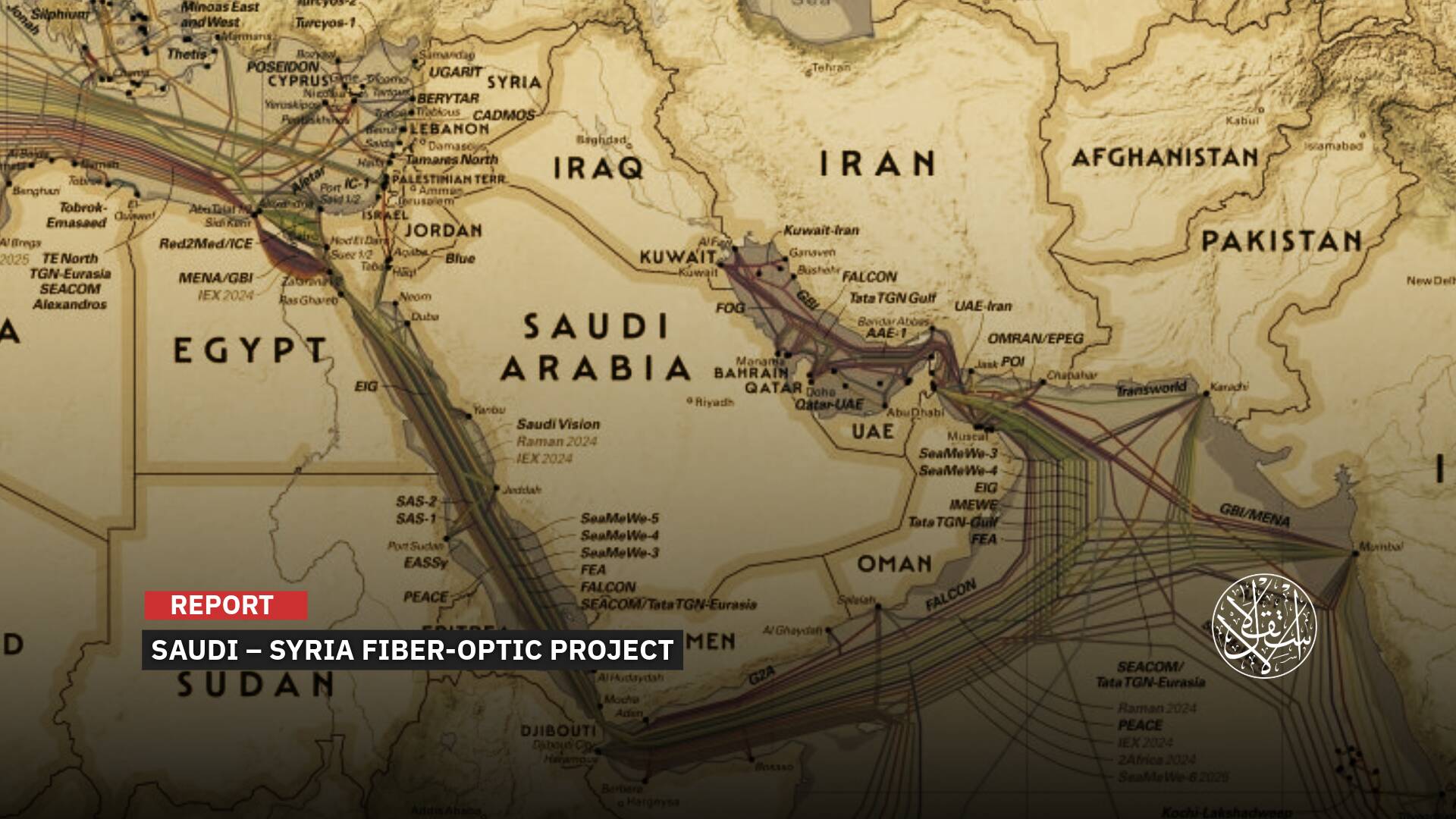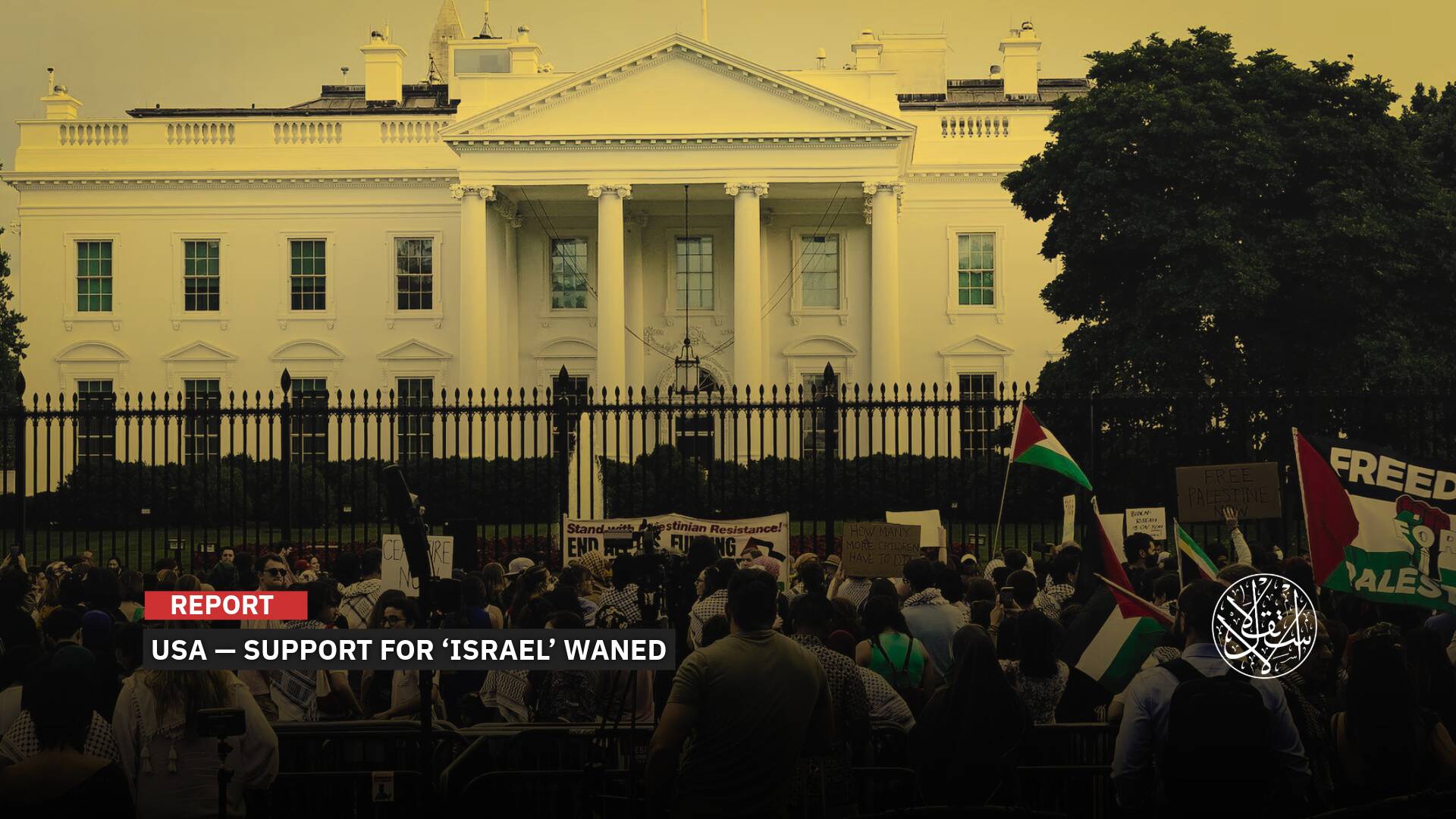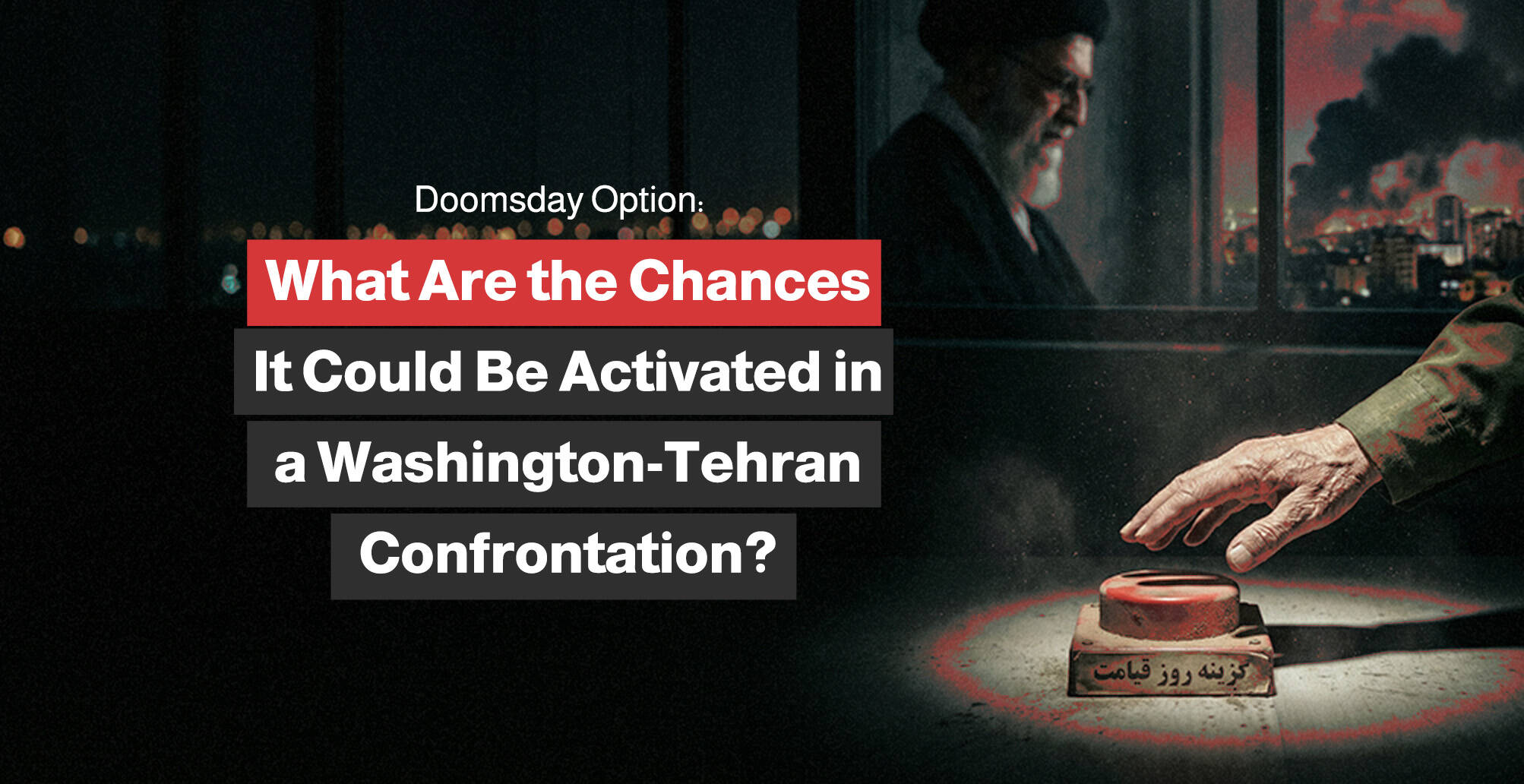This is How France is Extending Its Influence in the Indian and Pacific Oceans

In an attempt to escape from Germany’s opposition on the old continent, and from Turkey's roles in the Mediterranean, France is trying hard to restore its old glory by searching for a foothold in the Indian and Pacific Oceans, because of that region's strategic, commercial and economic importance.
The Ankara Center for Policy and Crisis Studies published an article by the Turkish writer and researcher Mustafa Cem Koyongo, in which he confirmed that the use of the concept of the Indo-Pacific has become popular in international relations literature in recent years.
The researcher attributed the reason for this to the fact that nearly 60 percent of the world's population lives in this region, and that a third of global trade passes through the two oceans, and that this region embraces important transit lines.
He added: The power struggle between America and China was another reason for the emergence of this term.
It seems that it has become imperative for different countries to develop strategies regarding this region given the economic, political, military and social importance of the region.
France, according to Koyongo, is one of the countries at the top of the list in this regard.
French Presence
The researcher believes that France is emerging as a strong country in the region with its islands, as seven of France's provinces are located in the Indian and Pacific Oceans, in which 1.6 million French live.
These are: Mayotte, La Reunion, the French South, Antarctica, New Caledonia, Alice and Futuna, and French Polynesia.
The seven French territories cover an area of 9 million square kilometers out of a French exclusive economic zone of 11 million square kilometers.
Koyongo continues his control of France's possessions in the two oceans, and refers to the status of the command of the French armed forces in the southern Indian Ocean (COMSUP FAZSOI), and the command of the French armed forces in New Caledonia (COMSUP FANC) , in addition to the French Armed Forces Command in French Polynesia and the Pacific (COMSUP FAPF/ALPACI), as well as The French Armed Forces Command in the UAE and the Indian Ocean (COMFOR FFEAU/ALINDIEN), and the French Armed Forces Command in Djibouti (COMFOR FFDJ).
He explains that "thanks to these commands, France has a total of 7,000 troops in the region: 4,100 of them in the Indian Ocean, and 2,900 in the Pacific.
Too Late
The Turkish researcher points out that "economic relations between France and the Indo-Pacific region have improved significantly in recent years."
Paris, the countries of the region export more than a third of their total exports to non-EU countries.
France's direct foreign investments in the region amounted to 320 billion euros in 2018, an increase of 75 percent compared to 2008.
Aware of the growing importance of the Indo-Pacific region, France has emphasized the importance of the region in recent years.
As long as the French authorities mention in their official reports the importance of that region, as the Defense and National Security Document issued in 2008 says: Asia has become the strategic center of the world, according to the Turkish writer.
Regarding the content of the document, it is clear that it called on France to go beyond West Africa; Where the entire Indian Ocean and East Asia.
He points out that the Defense and National Security Document published in 2013 stresses the importance of the Indian Ocean and access to Asia by sea for both Europe and France.
In this, the document stresses that the Indian Ocean constitutes the world's strategic center of gravity, according to Koyongo.
Policies And Objectives
He notes that the current French President Emmanuel Macron has been closely following the Indo-Pacific region since the moment he took office.
France is now trying to set its strategies in line with America's, especially since the latter launched the strategy of "supporting the Indo-Pacific region to remain free and open."
Macron, in his speech at the military base on "Garden Island" in "Sydney" on May 3, 2018, described his country as "a power in the Indian Ocean and the Pacific Ocean."
For the first time, he outlines the Paris strategy that will be followed in the region, which is what appeared later.

In 2019, the French Ministry of Defense published a report entitled "French Defense Strategy in the Indo-Pacific Region".
For its part, the French Foreign Ministry prepared a document entitled "France's Strategy in the Indo-Pacific", according to the Turkish writer.
He explains that in April 2021, the French Foreign Ministry announced a report entitled "France's Partnerships in the Indo-Pacific", its content emphasizing the importance of cooperation with countries in the region.
He comments: "Here, it must be emphasized that the document published by the Ministry of Defense was the most prominent, and where it set for France 4 strategic goals in the field of security.
These are: "Protecting the exclusive economic zones" and "Contributing to maintaining the security of the region by cooperating in the military and security fields, in addition to cooperating with allies to ensure access to free and open areas in the context of global strategic competition and difficult military areas, and finally Initiating comprehensive and multilateral measures to maintain strategic stability and balance.
Game Rules
The writer stresses that France, which announced such goals, is far from its previous strength.
It is believed that this area was the light of hope for Paris to return to "France as a world power".
He describes the French situation and says that Paris gradually lost its strength in the Mediterranean, and its influence diminished with the increasing influence of Turkey, China and Russia in Africa.
He believes that France does not have the ability to "change the rules of the game" in this region.
He shows that "for this, the Paris administration tends to show its interest in the economic, security and social strategies led by the United States, rather than creating its own reality."
"In the meantime, it is trying to lead the European countries' interest in the Indian and Pacific oceans in order to formulate the latter's regional policies," he adds.
In this, having both lands and soldiers in the region is an advantage for France, according to Koyongo.
Big Obstacles
He points out that international players such as China, Russia and India, who have expanded their sphere of influence in the Indo-Pacific region neglected by Paris for many years, are limiting France's power.
Koyongo concludes his article by noting that the scope of the regional powers' maneuvers is expanding at a time when the world has begun to paint a multipolar picture.
He believes that, for this, France's success in the Indo-Pacific region depends on the development of a policy compatible with the new power dynamics.
He believes that cooperation with the countries of the Mediterranean, Africa, and Southeast Asia, and the policies they will adopt to reduce tensions, can positively affect France's security on the sea line.
"However, Paris is taking steps to increase tension in the Mediterranean, even though it is an important transit route for it and for Europe that it wants to lead," he says.
He explains, "This means that France is obstructing its policies in the Indo-Pacific by itself, and therefore, France should increase its cooperation with Turkey in the Mediterranean, rather than what it is doing in the current situation.










